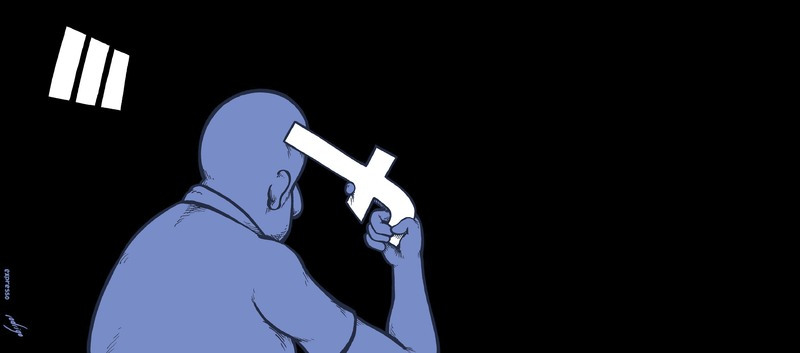Friends don’t let friends use Facebook
Facebook, on the other hand, only offers its users a forum to connect and share information. Facebook’s income derives from selling targeted advertising to be delivered to those same users, based on preferences the site has learned from their comments, friends, and preferences. It has no goods or services to sell, and its users don’t buy anything. Thus, its only product to take to market is, in fact, its users’ data. (source)
I don’t use Facebook. You shouldn’t either.
I scraped the trackers on these sites and I was absolutely dumbfounded. Every time someone likes one of these posts on Facebook or visits one of these websites, the scripts are then following you around the web. And this enables data-mining and influencing companies like Cambridge Analytica to precisely target individuals, to follow them around the web, and to send them highly personalised political messages. (Jonathan Albright, source)
Personalised advertising isn’t useful. It’s invasive, and it’s used to build a profile to manipulate you and your ‘friends’.
Using personality targeting, Facebook posts can attract up to 63 percent more clicks and 1,400 more conversions. (source)
There’s several pretty scary implications to where this could take us by 2020:
- Public sentiment as high-frequency trading — algorithms compete to sway the opinions of the electorate / consumers.
- Personalized, automated propaganda — not just lies by politicians, but auto-generated lies created by bots who know which of your ‘buttons’ to press.
- Ideological filter matrices — what happens when all of the other ‘people’ in your Facebook group are actually bots?
So, not only will I not use Facebook, but (like Dave Winer and John Gruber) I won’t link to it. Nor will I accept organisations that I’m part of setting up Facebook groups ‘for convenience’ or using a Facebook page in lieu of a website.
Facebook is designed from the ground up as an all-out attack on the open web. (John Gruber)
The web is a huge force for good. We shouldn’t let inertia and a lack of digital skills turn it into a series of walled data mine.
Get a blog. If your ideas have any value put them on the open web. (Dave Winer)
From a business point of view, you’re mad to put all of your eggs in once basket. Get a website. Facebook’s content is, by design, not indexed by search engines. It’s invisible to search engines.
Look, I get that I’m the nut who doesn’t want to use Facebook. I’m not even saying don’t post your stuff to Facebook. But if Facebook is the only place you are posting something, know that you are shutting out people like me for no good reason. Go ahead and post to Facebook, but post it somewhere else, too. Especially if you’re running a business.
[…]
It’s 2017. There are a million ways to get a web site set up inexpensively that you can easily update yourself. Setting up a Facebook page and letting your web site rot, or worse, not even having a web site of your own, is outsourcing your entire online presence. That’s truly insane. It’s a massive risk to your business, and frankly, stupid. (source)
I feel more strongly about Facebook’s threat to the web than I did about Microsoft’s Internet Explorer at the turn of the millennium. Scarily, it looks like Twitter might be going the same way. I blame venture capital and invasive advertisnig.
Individual actions build up to movements. Resist. Find alternatives. Don’t be a boiled frog.
Header image based on an original by rodrigo



